
Nigeria’s Parliament is deciding whether to approve a foreign loan plan worth about $24.14 billion. President Bola Tinubu proposed the plan in late May 2025. The money would help fund important infrastructure projects in 2025 and 2026. The government says the goal is to create jobs, teach people new skills, support small businesses, reduce poverty, and improve food supply.
The main focus is on building roads, power systems, and better phone and internet networks. Farming is also expected to receive a lot of support to grow more food. Some of the money would go toward improving hospitals, schools, and other basic services.
Most of the funding, about $21.54 billion, or 90%, would come from big development banks like the World Bank, the African Development Bank, and others. The rest includes €2.2 billion (around $2.37 billion) from the French Development Agency and the European Investment Bank, 15 billion yen (about $96 million) from Japan, and a €65 million grant that doesn’t have to be repaid.
The proposal has caused a lot of disagreement among lawmakers. The opposition says it could hurt Nigeria’s finances. Former Vice-President Atiku Abubakar said the plan could raise the country’s public debt from 144.7 trillion naira to 183 trillion naira, which is more than 60% of Nigeria’s foreign reserves. He also said public debt has already gone up by 65.6% since Tinubu took office in 2023.
A civil group called SERAP has also asked Parliament to reject the plan, warning that it would add too much to the country’s debt. But the government says the loans will come with low interest rates and long repayment periods, making them easier to manage.
Still, the government faces challenges. Letting the naira trade freely has caused it to lose value against the dollar. That makes it more expensive to pay for projects priced in foreign currencies. Local banks, even after getting more capital, don’t have enough foreign currency to meet the government’s needs.
Even though loans from development agencies come with better terms, they often require policy changes that are unpopular. One example is the removal of fuel subsidies, which has helped push inflation above 30%, making life more expensive for many Nigerians.
This problem is not unique to Nigeria. Across Africa, governments face tough choices between helping people and keeping their budgets under control. What happens in Nigeria could affect neighboring countries like Benin, Niger, and Togo, where many people rely on Nigeria’s economy to survive.

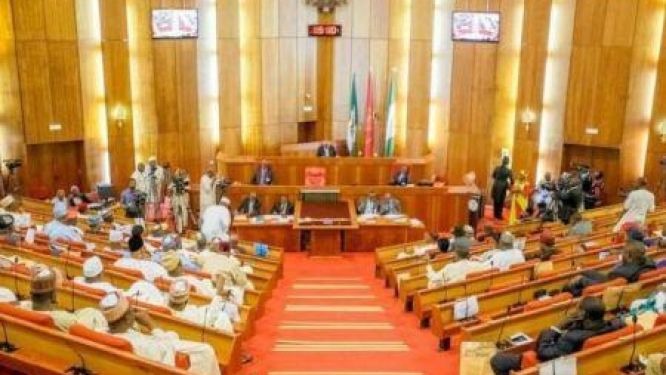

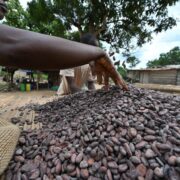
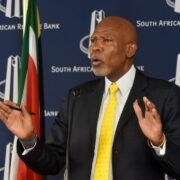
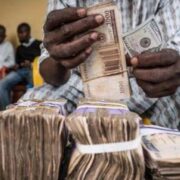

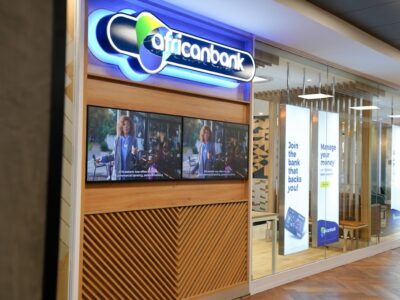

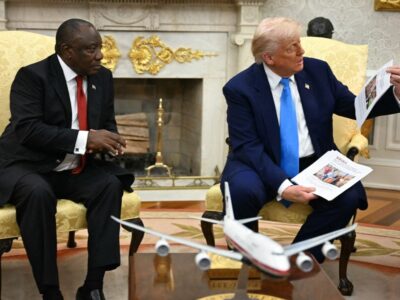

Comments